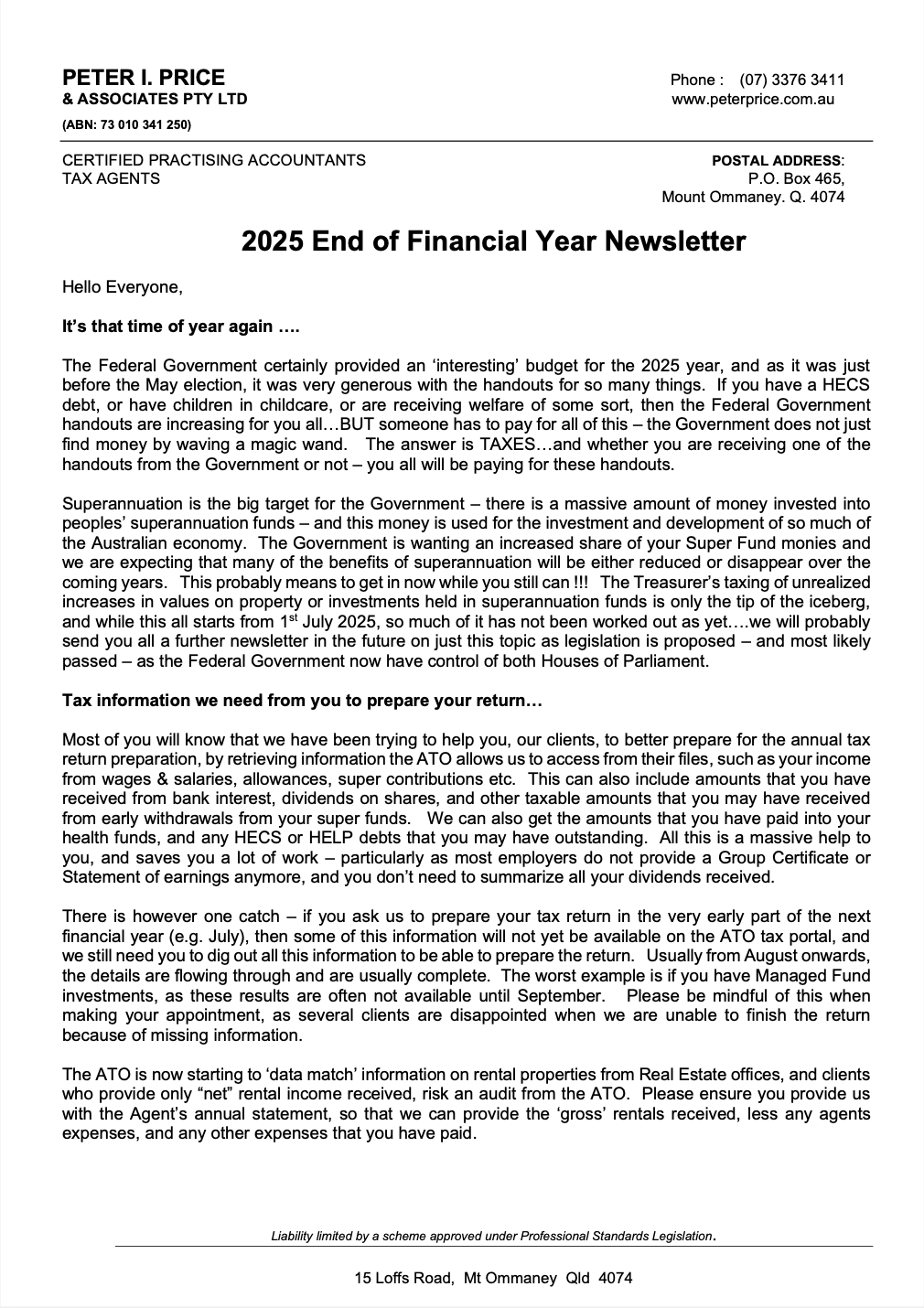5 Clauses Tenants Should Look For When Reviewing a Lease

.
In Short
- Review the lease duration, renewal terms, and rental review clauses to ensure they fit your business needs.
- Confirm insurance obligations and landlord inspection rights to avoid unexpected costs or disruptions.
- A “heads of agreement” is crucial for outlining terms before the final lease is signed, protecting both parties.
Tips for Businesses
Before signing a commercial lease, verify critical terms like rent, insurance, and renewal clauses to match your business’s future plans. Look closely at any “heads of agreement” document to confirm all agreed conditions are included, as this sets the foundation for the final lease. Legal advice is invaluable for avoiding pitfalls.
Commercial leases are binding agreements that outline the obligations between business owners (tenants) and property owners (landlords). They grant you the right to occupy the premises. The terms and clauses in the lease define commercial tenants’ rights. Before signing a lease, you should review specific terms that could impact you. This article includes five key clauses when reviewing your commercial lease.
1. Lease Duration and Extension of Term
The lease duration specifies how long you can occupy the premises, so reviewing this term in your agreement is crucial to ensure it meets your needs. Once your lease expires, the landlord is not obligated to renew it, meaning you’ll need to find alternative premises. To protect yourself, consider including a notice clause if renewal isn’t guaranteed.
Lease durations vary depending on business planning. Early-stage businesses often prefer short-term leases to allow flexibility for future growth, while other tenants might opt for longer leases with fixed renewal options to secure their tenancy.
If you plan to extend your lease, you must notify the landlord of your intention to stay, typically three to six months before the lease ends. Sometimes, this notice period may be longer, so keeping track of these deadlines is important.
2. Rent, Outgoings and Review
As a prospective tenant, you should clearly understand the following:
- the starting rent for the premises;
- the outgoings and any additional fees on top of the rent;
- any unusual or extra costs included in the outgoings;
- consumption costs;
- how and when the rent will increase upon review;
- the method used for rent review, such as a Consumer Price Index (CPI), a fixed percentage, or a market review; and
- the payment method and due dates for rent, outgoings, and other lease-related payments.
Most leases include clauses outlining when and how the landlord will review and increase the rent, typically annually on the anniversary of the lease commencement date, following the method specified in the lease. It is advisable to seek legal advice on rental provisions and, if possible, negotiate a rent reduction.
3. Insurance
Most commercial leases require tenants to obtain specific insurance, including:
- public liability;
- business contents insurance for property and stock;
- worker’s compensation; and
- plate glass coverage.
You must secure an insurance policy and provide the landlord with a certificate of currency. Maintaining up-to-date insurance is crucial in commercial agreements. You should ensure that all insurance policies are current and give the landlord updated copies as the lease requires. These provisions ensure continuous insurance coverage throughout the lease term, which is often necessary for the landlord to hand over the premises.
Failure to comply with insurance requirements may constitute a breach of the lease, allowing the landlord to re-enter and take possession of the property.
4. Inspection When Reviewing a Commercial Lease
As a tenant, you should expect exclusive possession and use of the property. Under common law, you have the right to “quiet enjoyment” of the property. This quiet enjoyment will be subject to the terms of the lease and any rights expressly reserved by the landlord.
However, the landlord cannot significantly interfere with your use and enjoyment of the property if you comply with the lease terms and fulfil your obligations. Therefore, any inspection clause in the lease should be limited to specific situations and require reasonable notice at reasonable times, except in emergencies.
5. Heads of Agreement
After the parties finalise negotiations on the commercial terms of the lease, the first step is to create a “heads of agreement” (also known as an “offer to lease”). This document must accurately reflect all agreed-upon commercial terms between the landlord and tenant. It should be marked as “non-binding” until the lease is:
- prepared;
- reviewed; and
- signed to protect both parties.
Your commercial tenant rights will be established within the heads of agreement, the lease, and any ancillary documents. It is essential to review these carefully to ensure your rights as a tenant are safeguarded.
The heads of agreement should also detail any significant work to be completed by you and the landlord before moving into the premises. Reviewing these details is crucial to understanding the fit-out work required and any incentives the landlord may offer, such as a rent-free period or financial contributions to the work being done.
Key Takeaways
When signing a commercial lease, you enter into a binding agreement with your landlord. It is crucial that the lease is clear and accurately reflects your needs to minimise risks and prevent unwelcome surprises. A well-defined lease that outlines all agreed-upon terms helps avoid future liabilities and disputes. Always seek legal advice before committing to a long-term contract like a lease to ensure your rights as a tenant are protected.
If you need help understanding commercial leases, our experienced leasing lawyers can assist as part of our LegalVision membership. For a low monthly fee, you will have unlimited access to lawyers who can answer your questions and draft and review your documents. Call us today at 1800 534 315 or visit our membership page.
Frequently Asked Questions
Why is the lease duration important?
It determines how long you can stay. Ensure it is appropriate for your business needs and consider adding a renewal option.
What is a heads of agreement?
A heads of agreement is a preliminary document outlining the commercial terms the tenant and landlord agreed upon. This document is essential as it sets the foundation for the final lease terms, including any work to be done by the landlord or tenant before moving in. Reviewing this carefully ensures that your rights as a tenant are protected.

